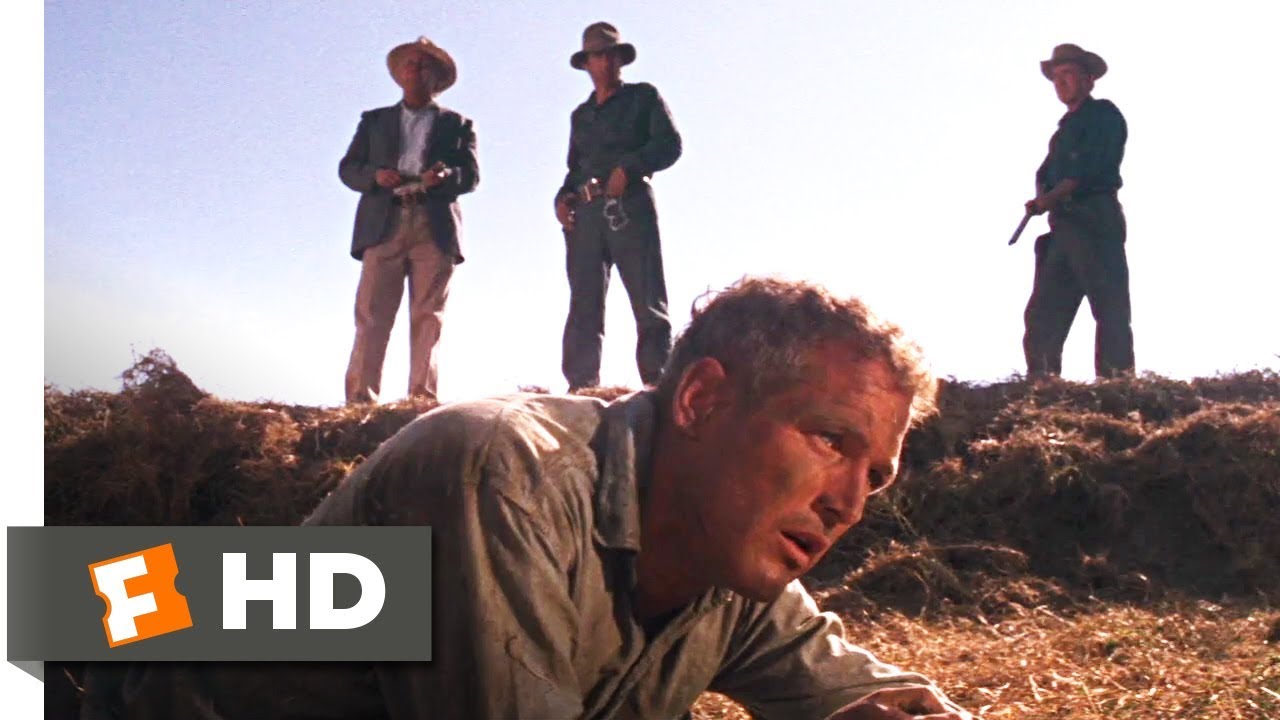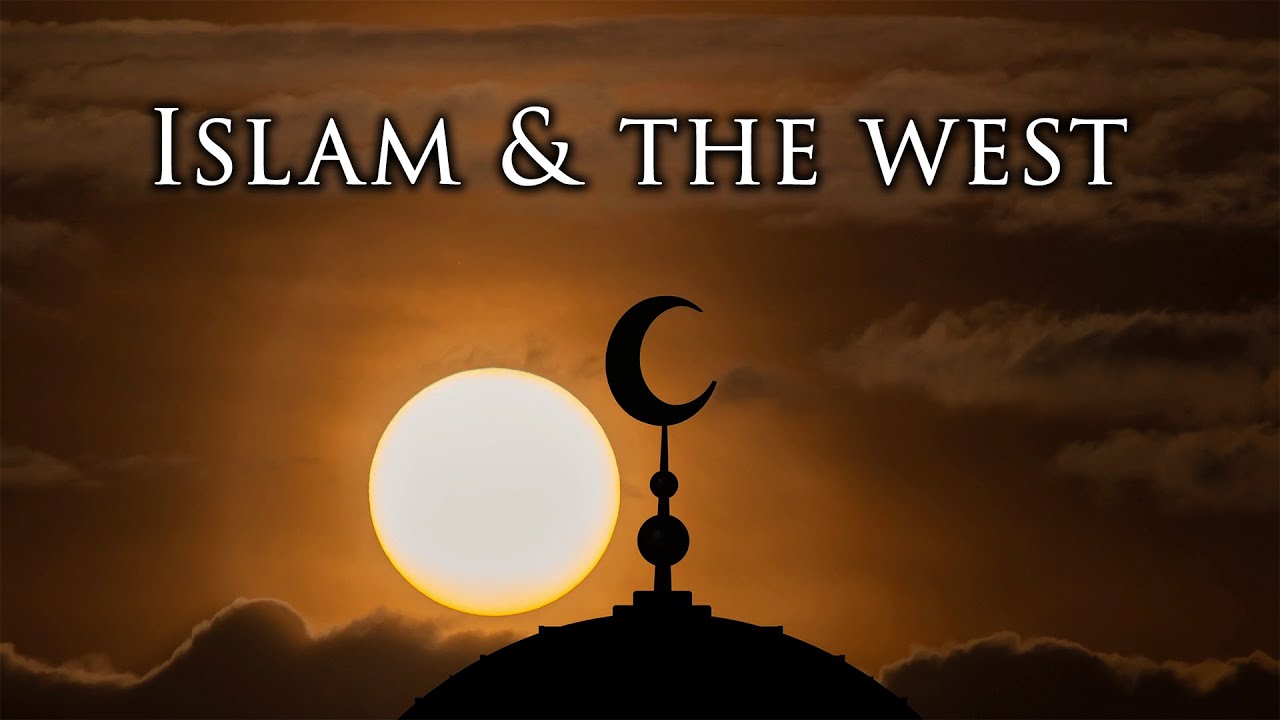You’ll have to show me where I attacked you personally. Feel free to ignore my posts until you’re finished with your fasting and devotional exercises. I’m not making a case against Islam I’m investigating it. Which is why I don’t want to debate it. I asked you a simple question. You seem extremely defensive. Which I’ve come to expect. But you are quite knowledgeable on the subject. So I continue despite your verbal abuse.
Now, the partial quotation of the Quran chapter 9 verse five was taken from a letter entitled “Islamic response to the governments nine accusations” signed by five Muslims accused of helping plot the September 11 attacks, including Khalid Sheikh Mohammed. They didn’t cite the complete verse, including the sentence that says, “but if they repent and establish worship and pay the poor and leave their way free, Lo Allah is for forgiving, merciful.” And indeed those who carried out the attacks didn’t give the people they killed the opportunity to repent, so I suppose the omission was appropriate.
I don’t associate you with terrorism. I’m asking about the interpretation of the Quran a book about which you have knowledge that I lack. Reply to me or not whenever you feel so inclined. I will continue to pursue my investigation on this thread, however. If you don’t see the relevance of it now you may see it later.
Am I wrong in supposing that by “repentance” the verse refers to submission at the point of a sword? For it is God, not men who sees what is in the heart.
Unconditional peace to you! For that’s how it comes.

